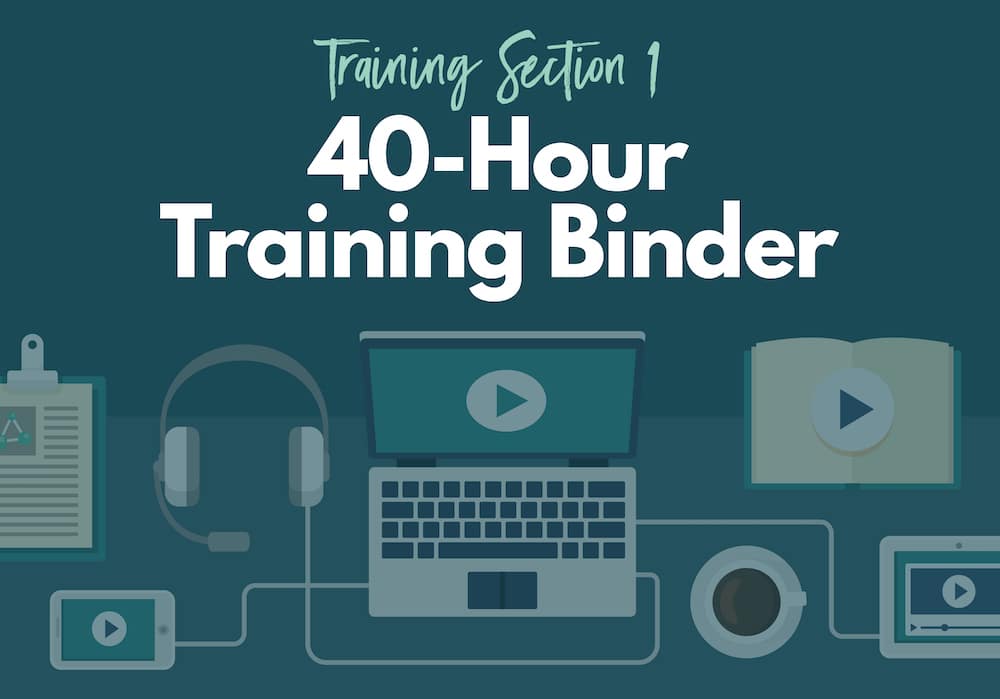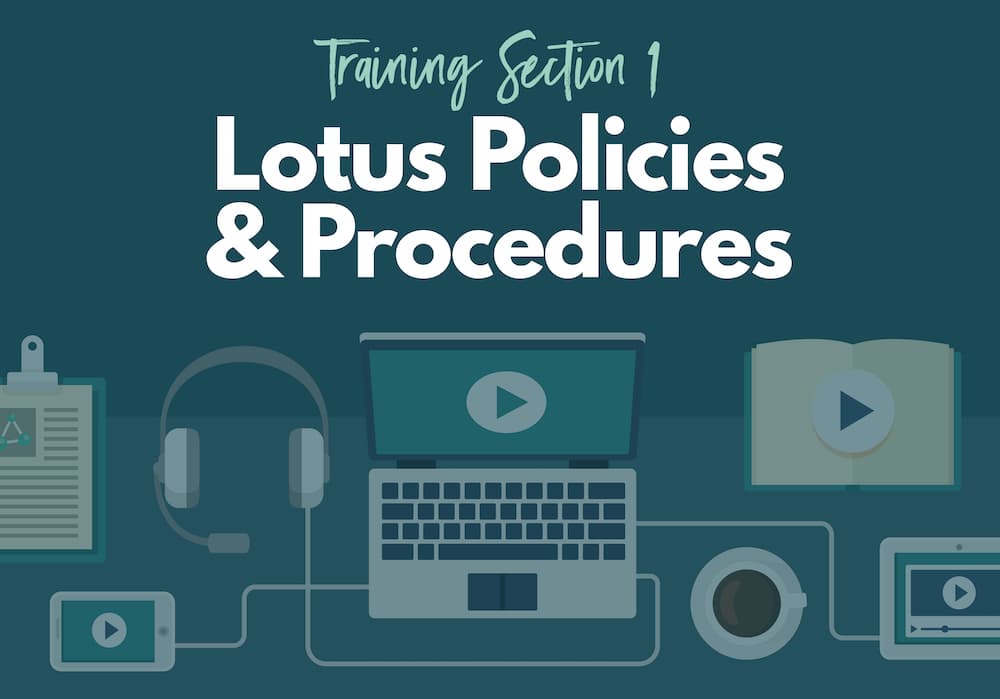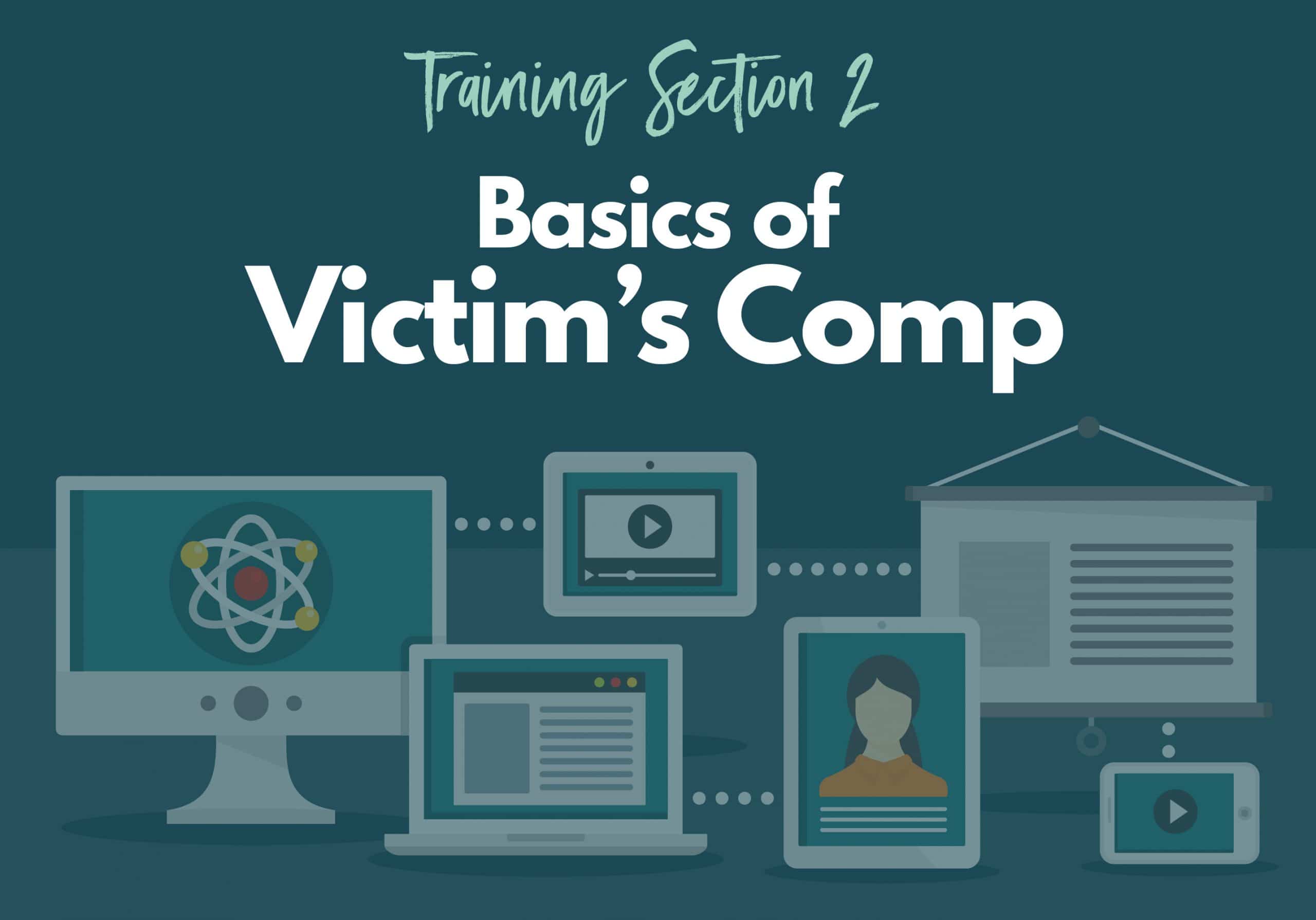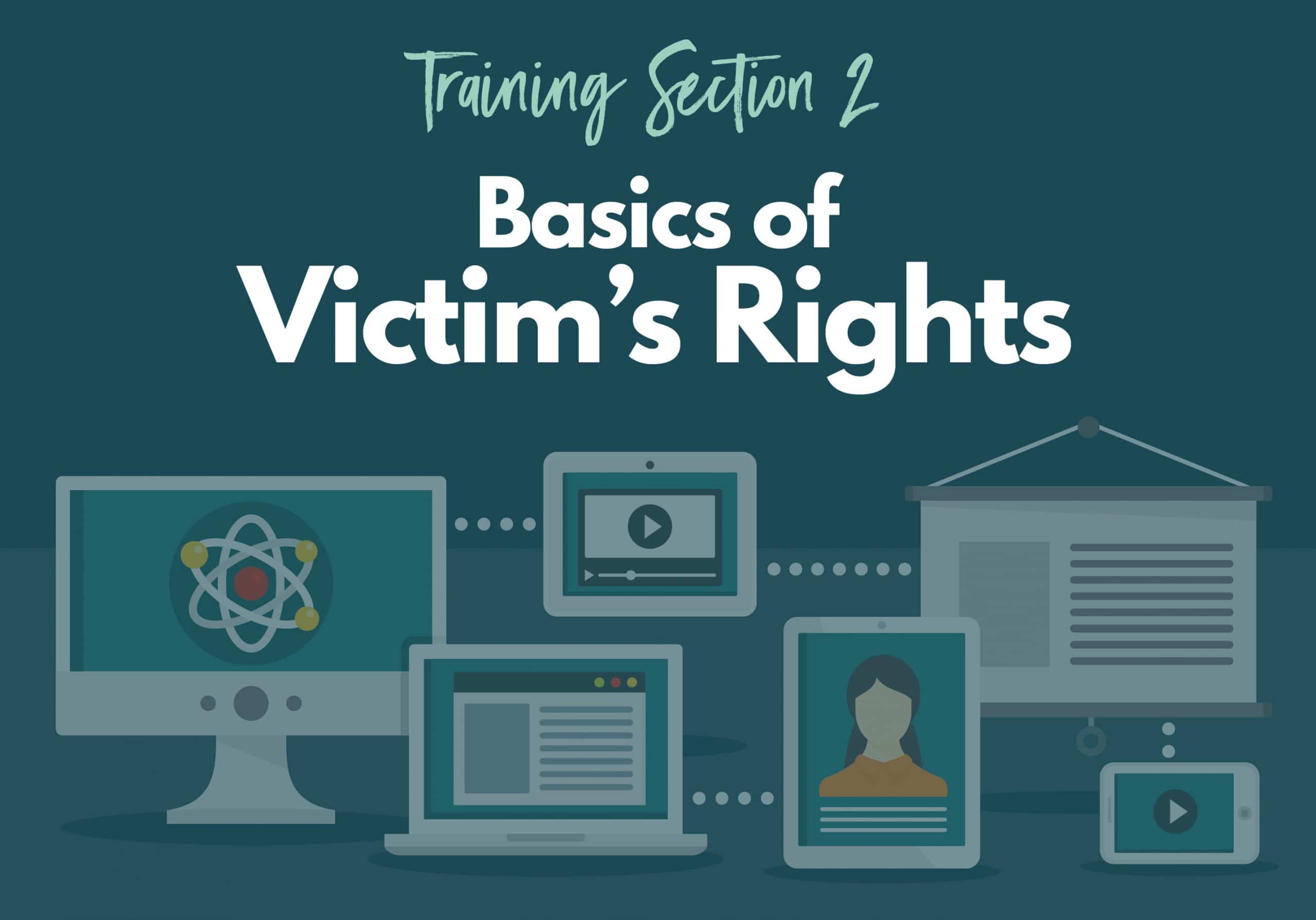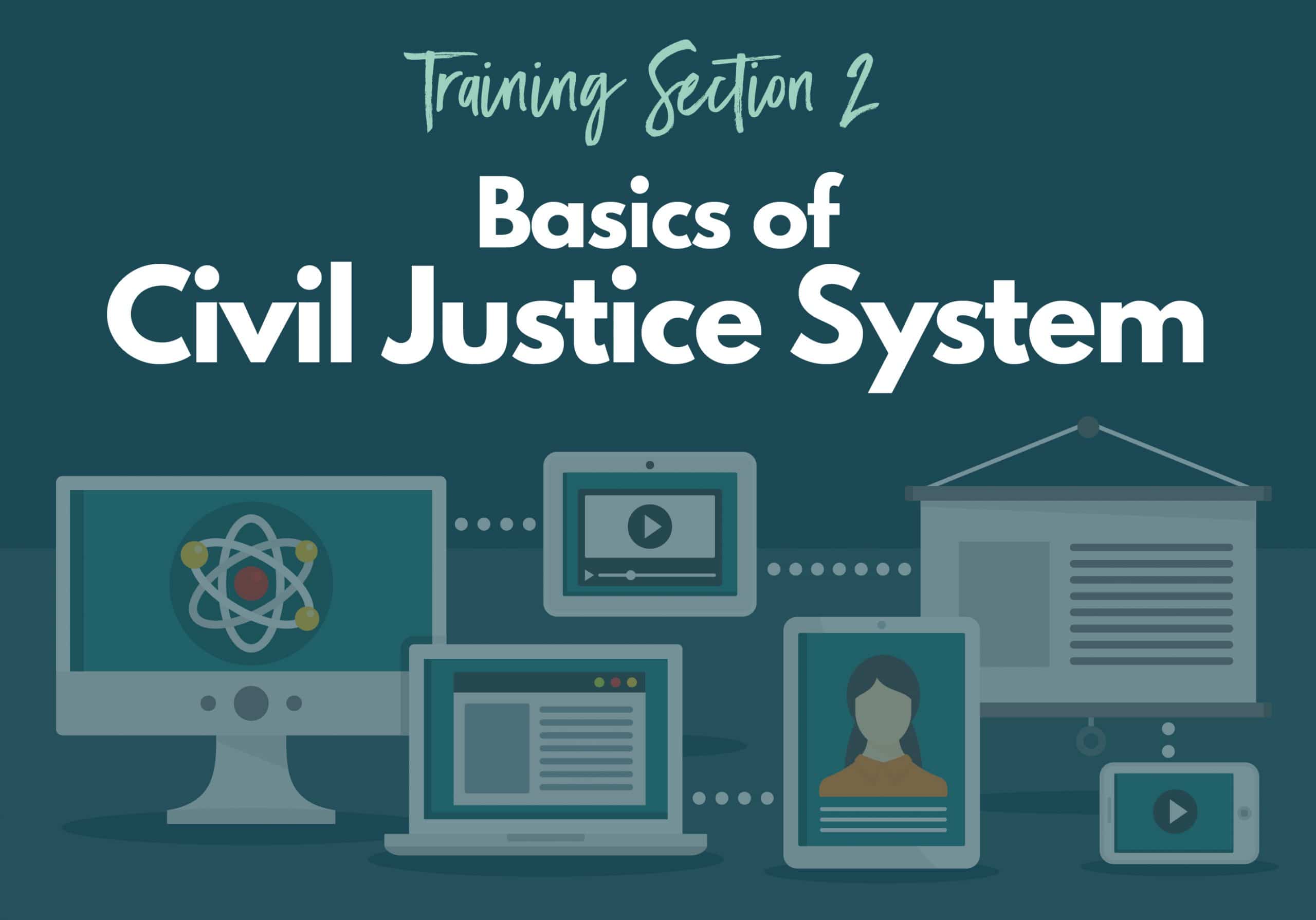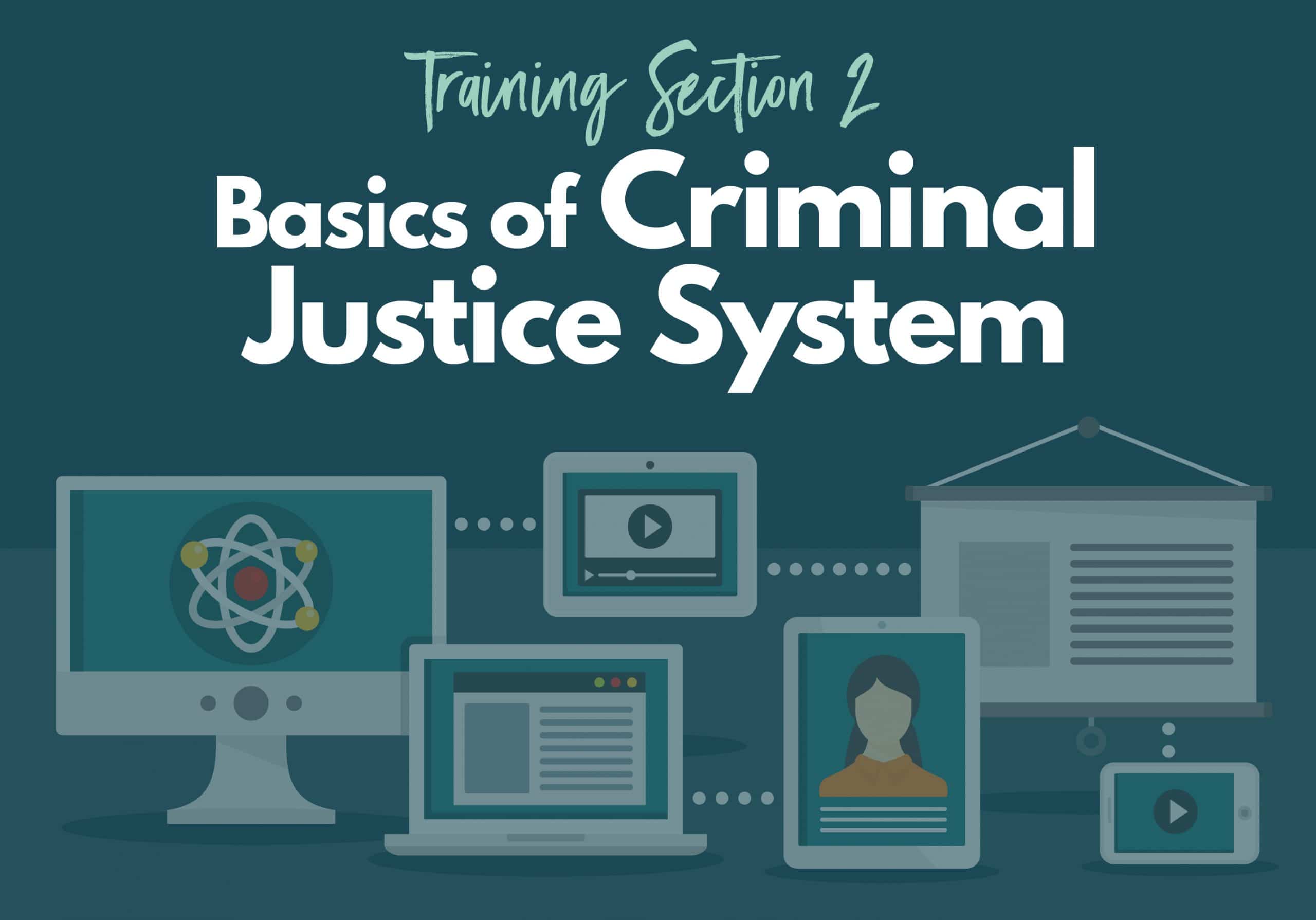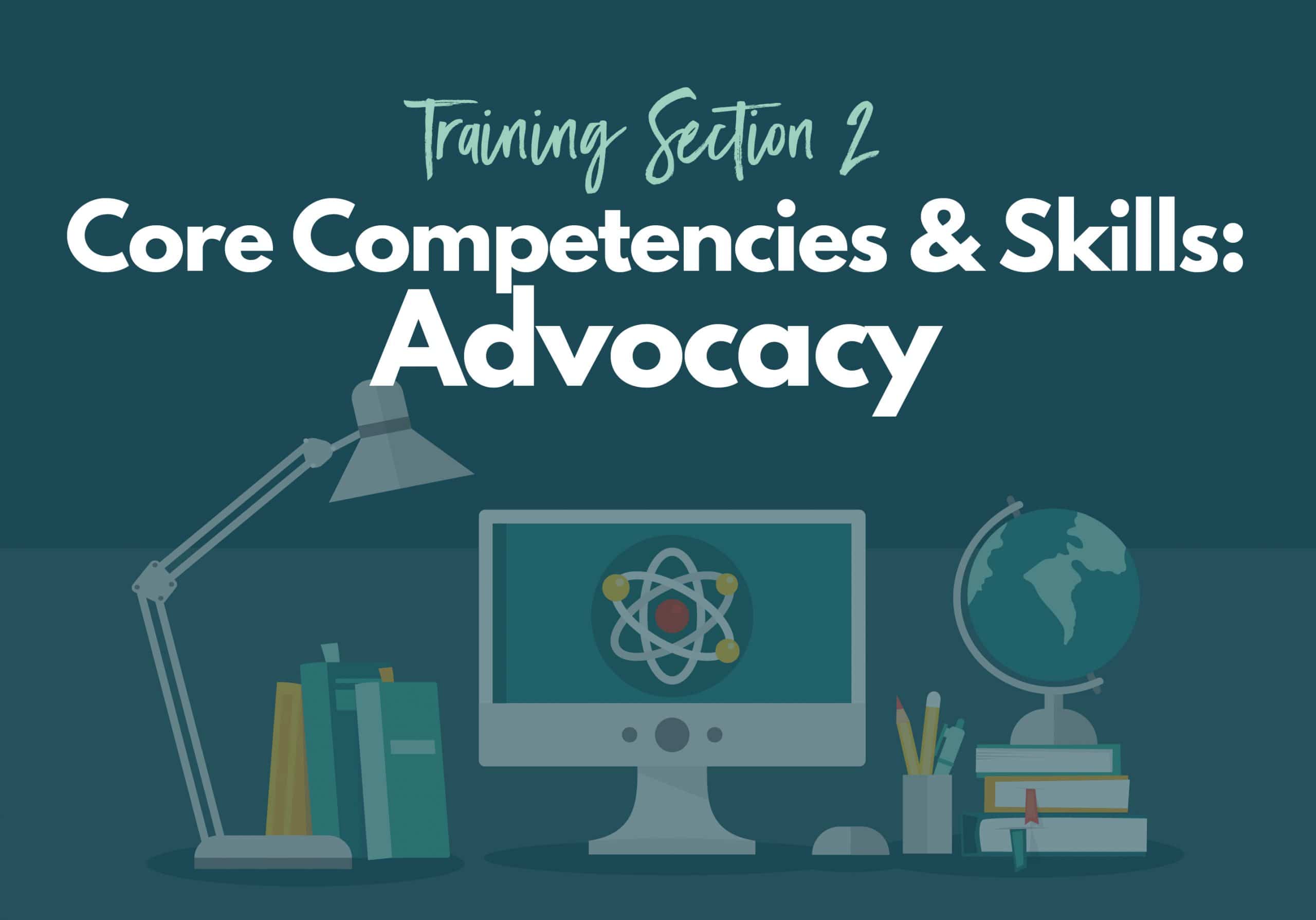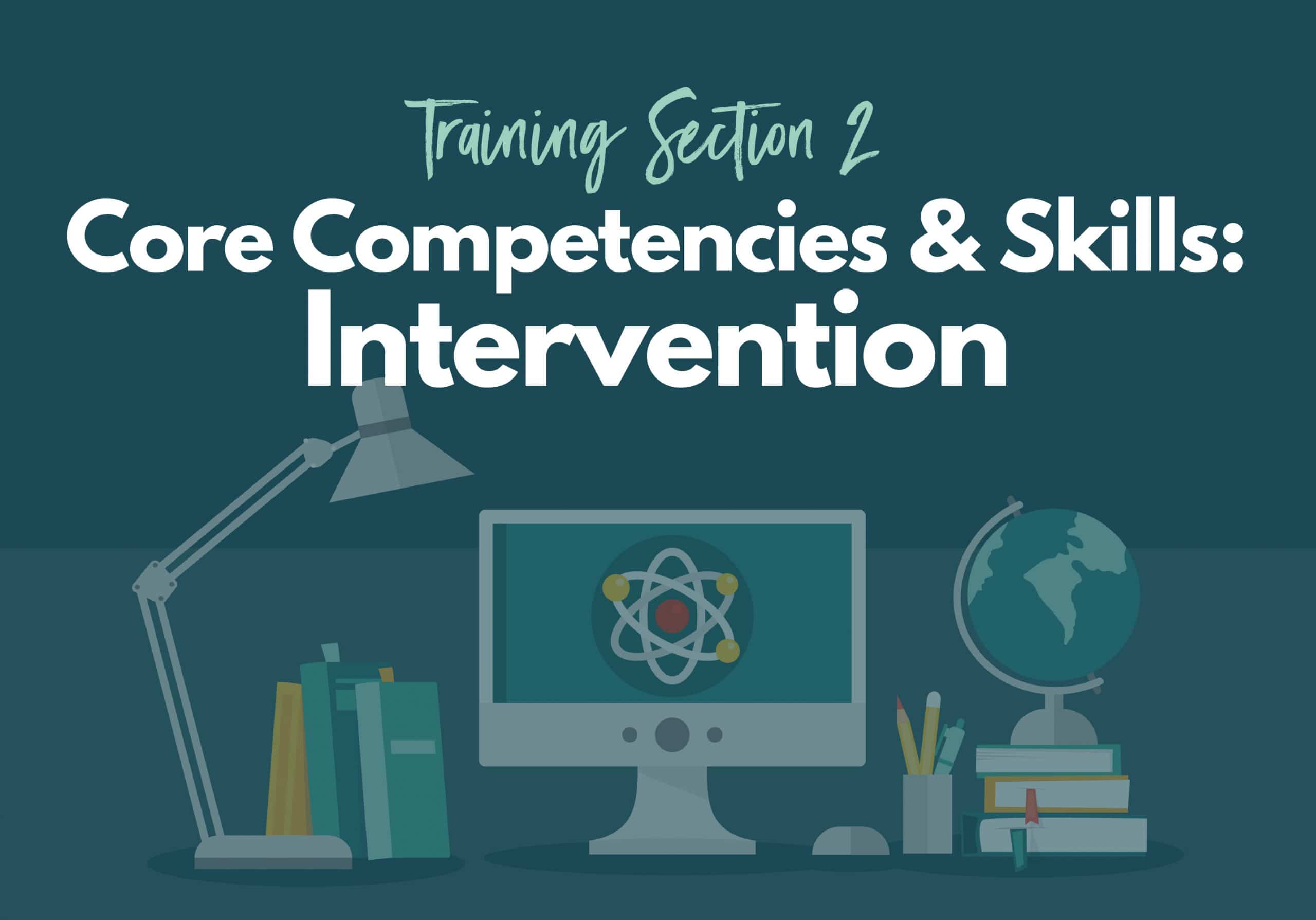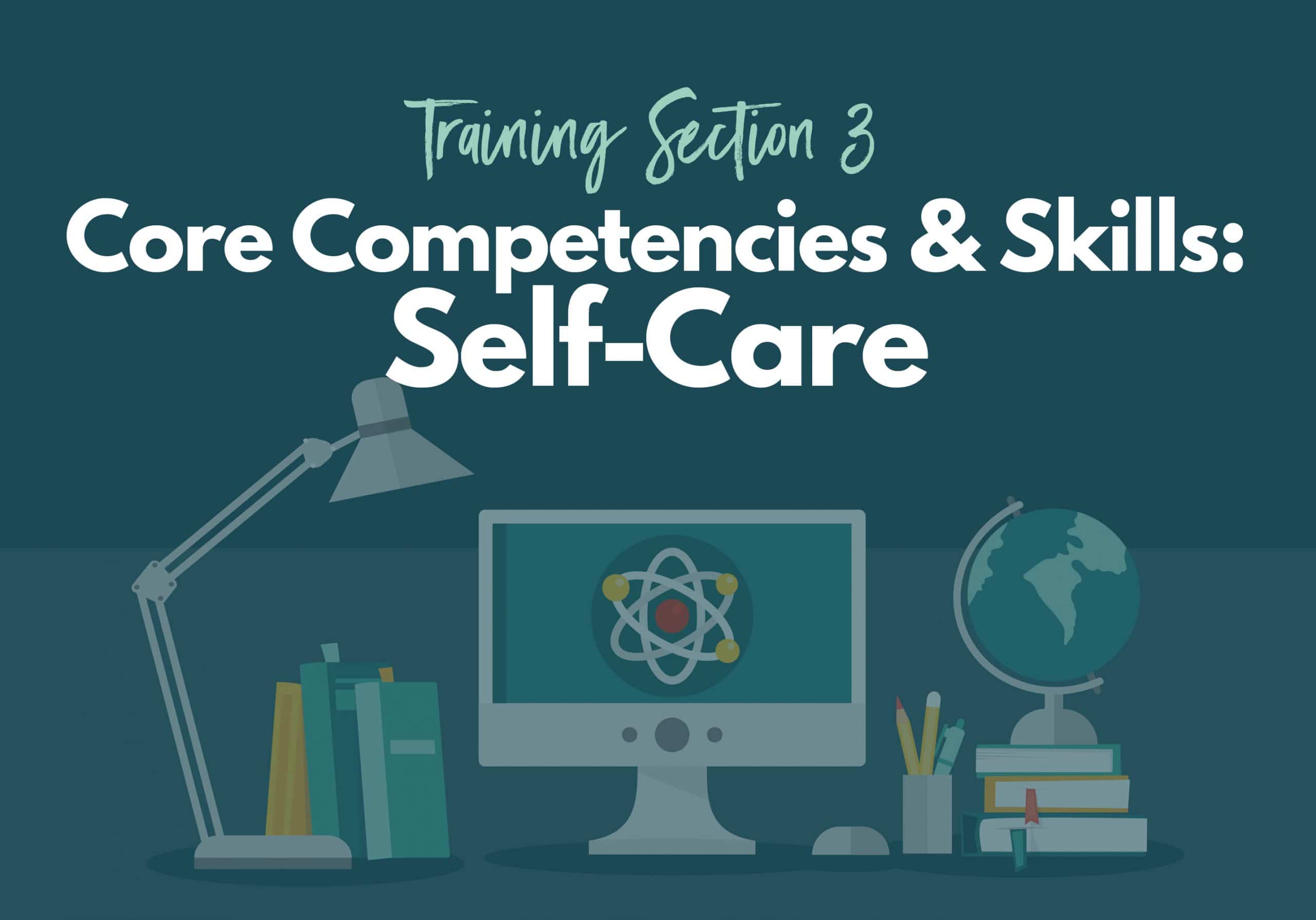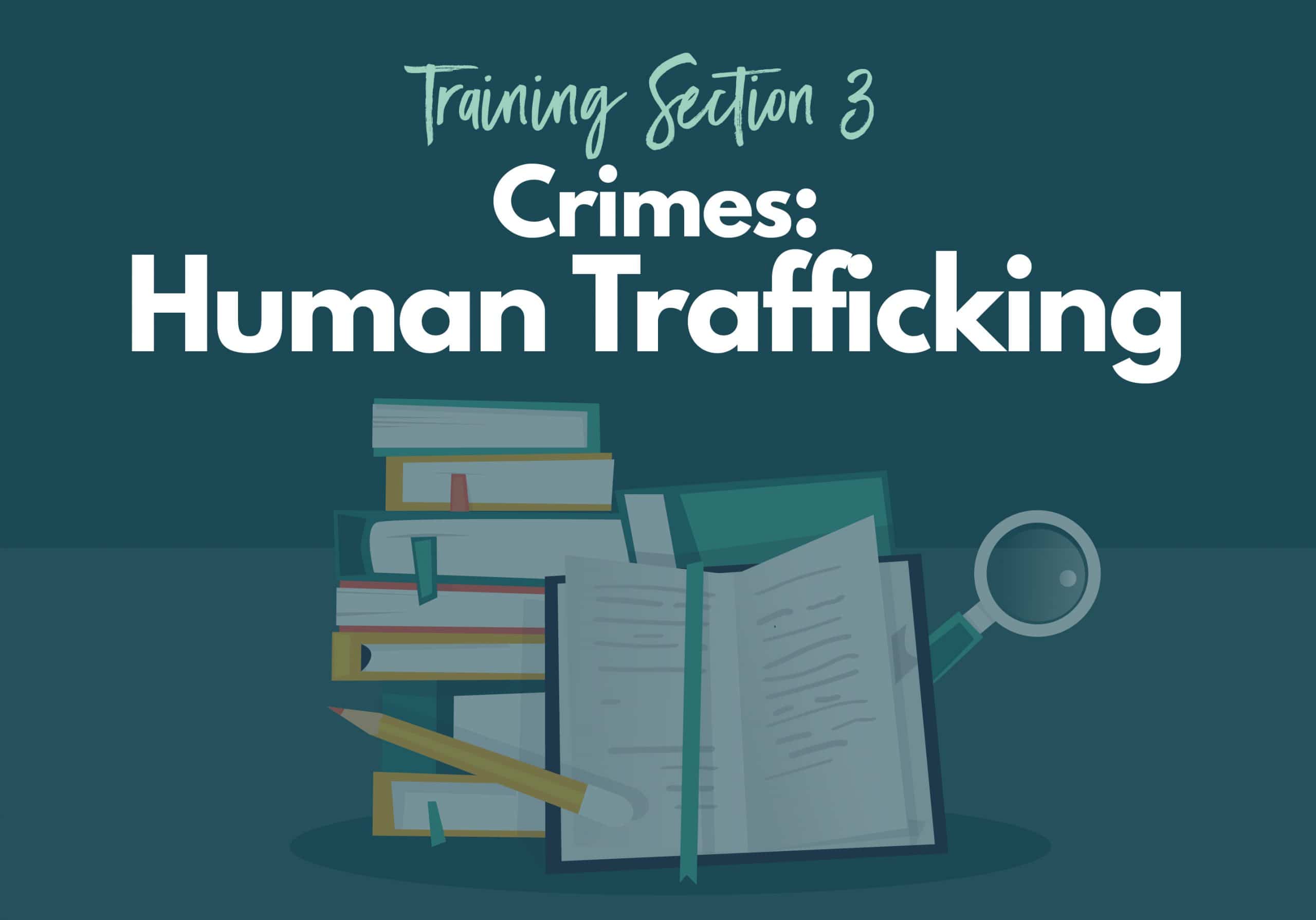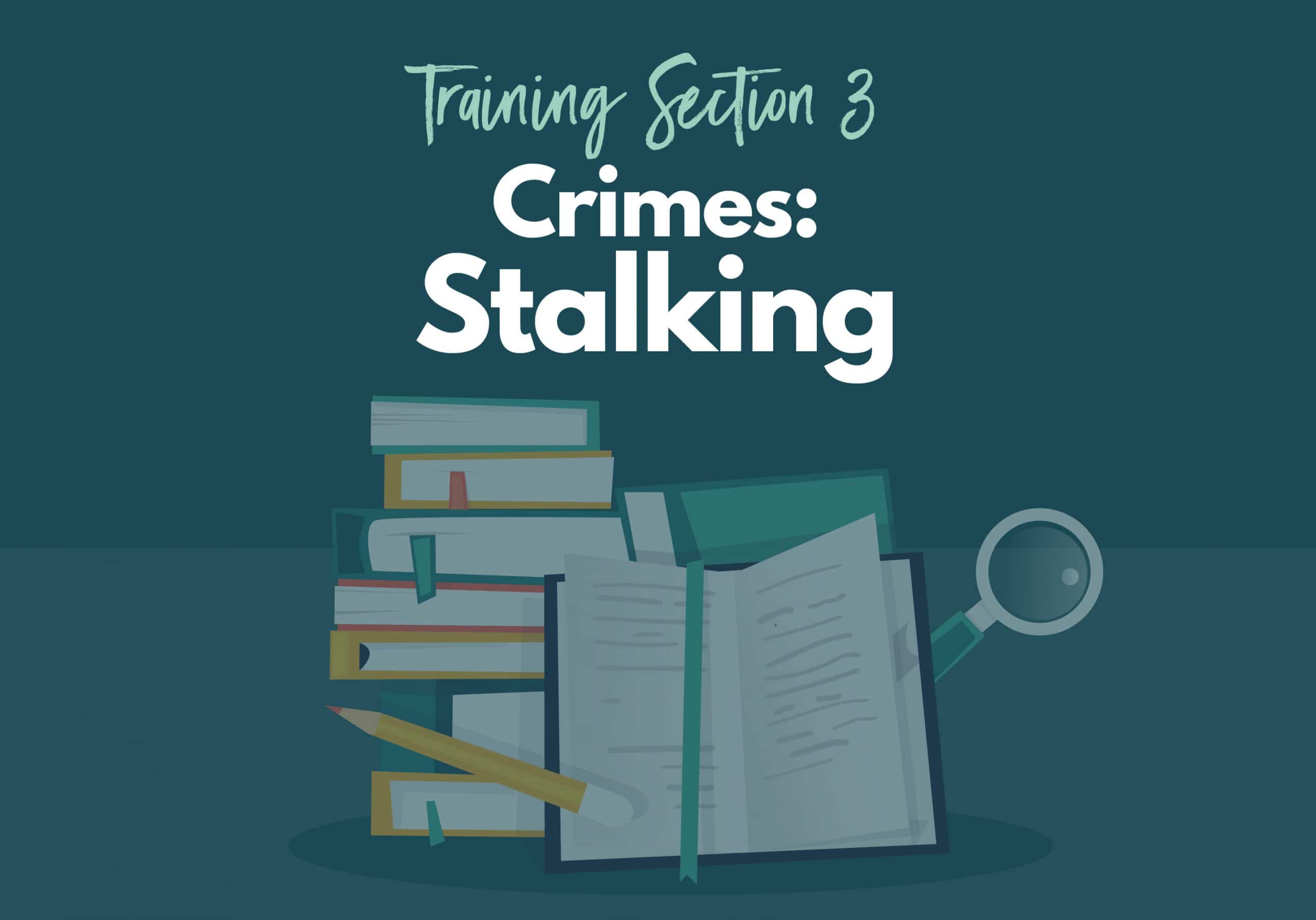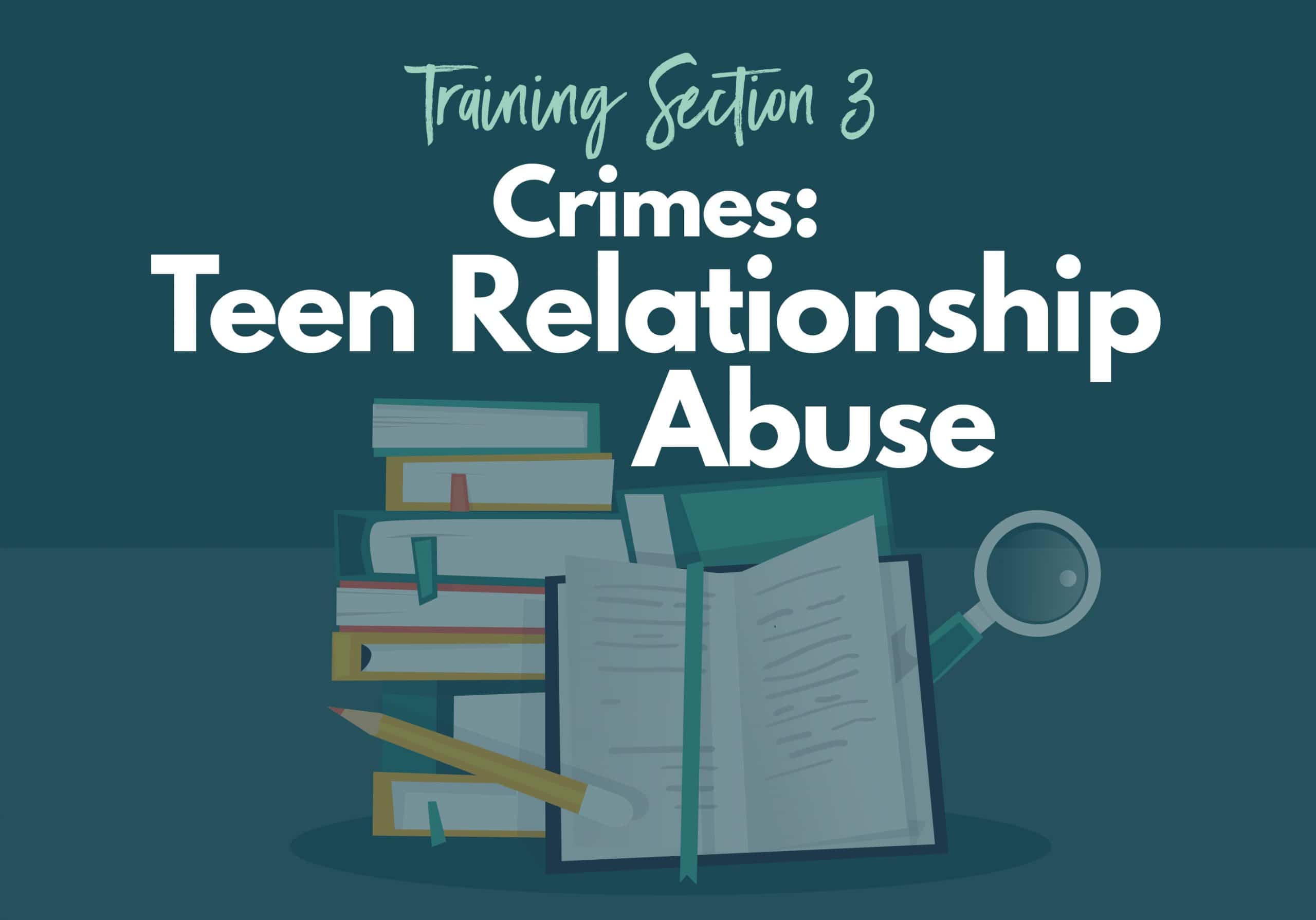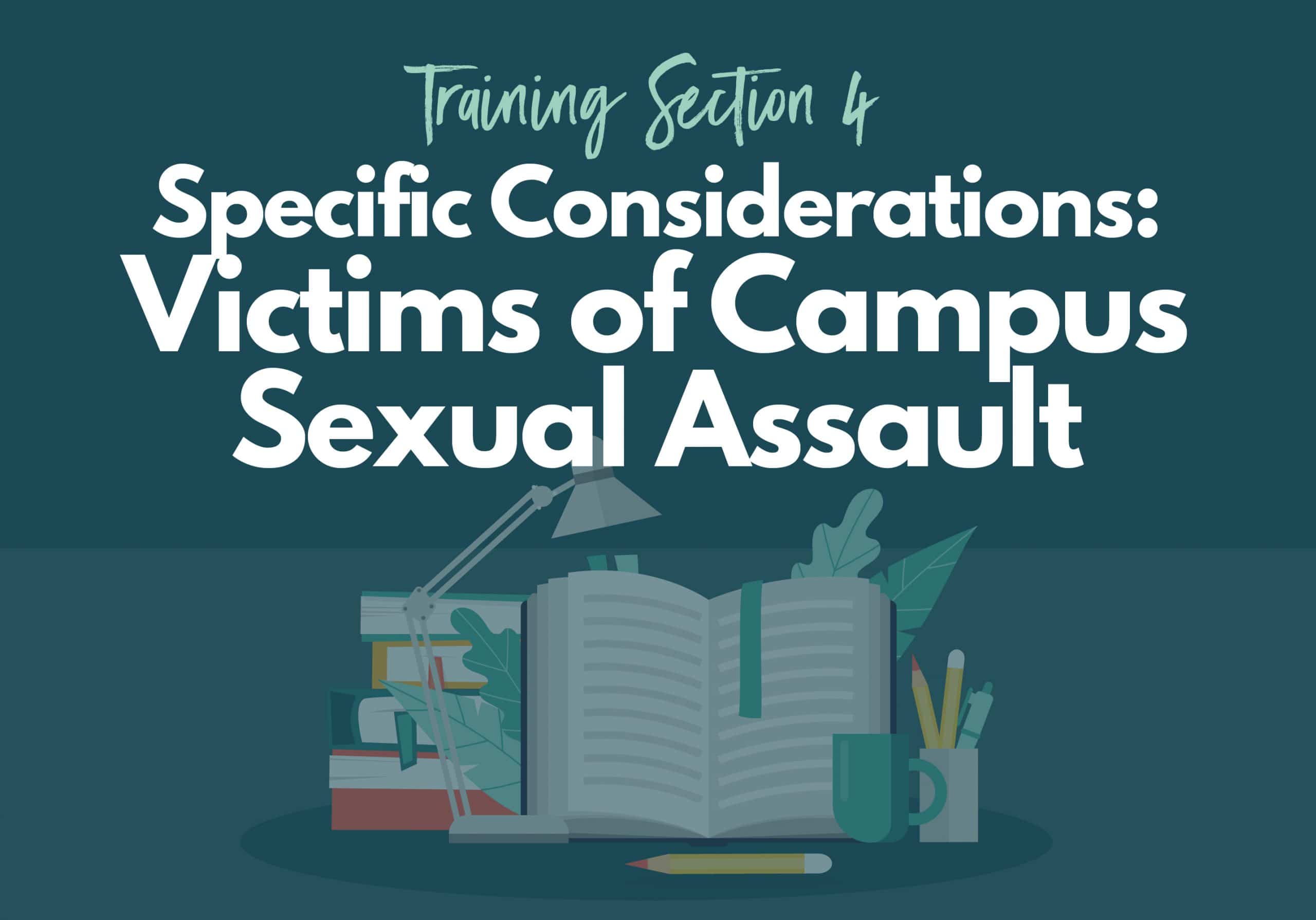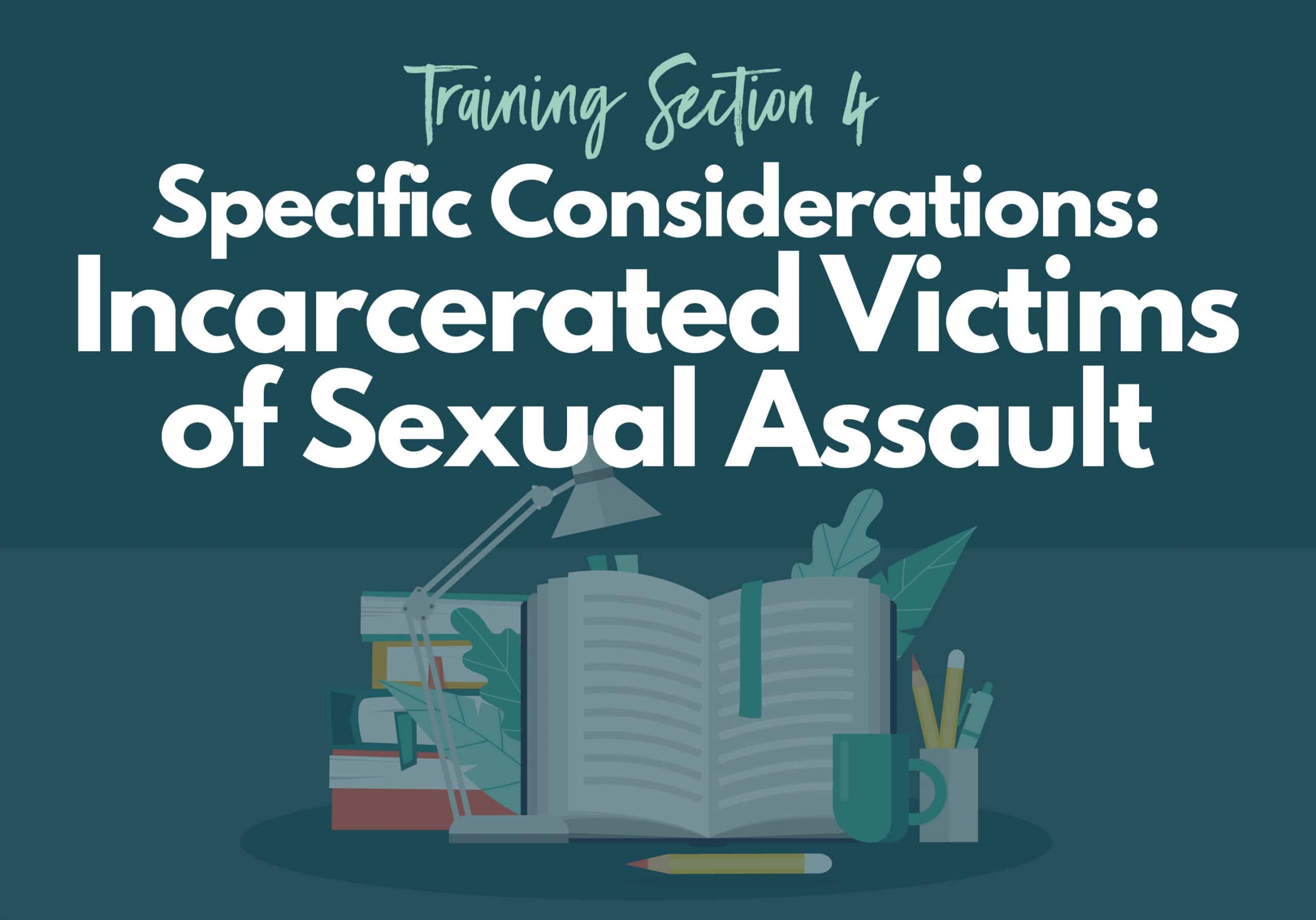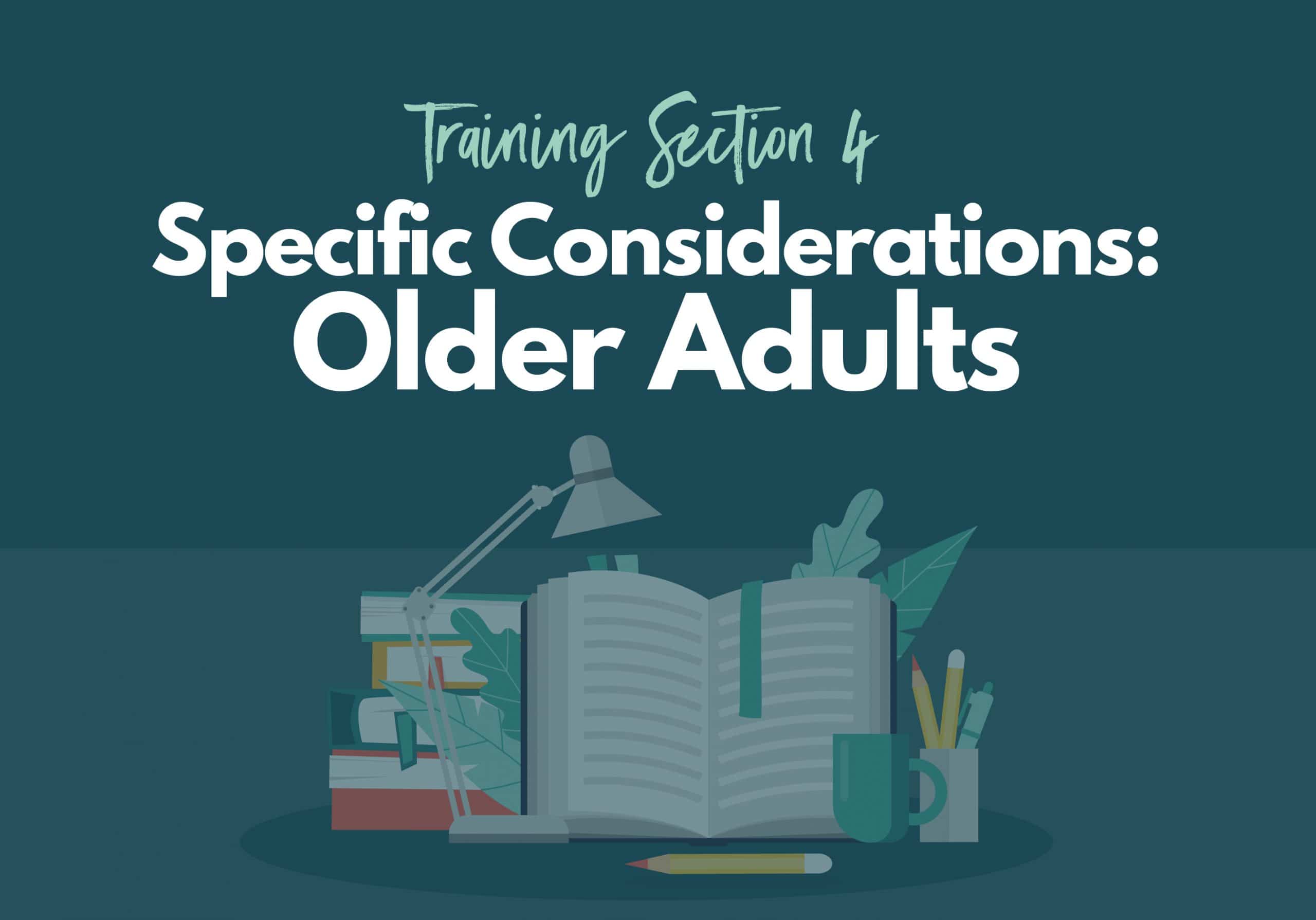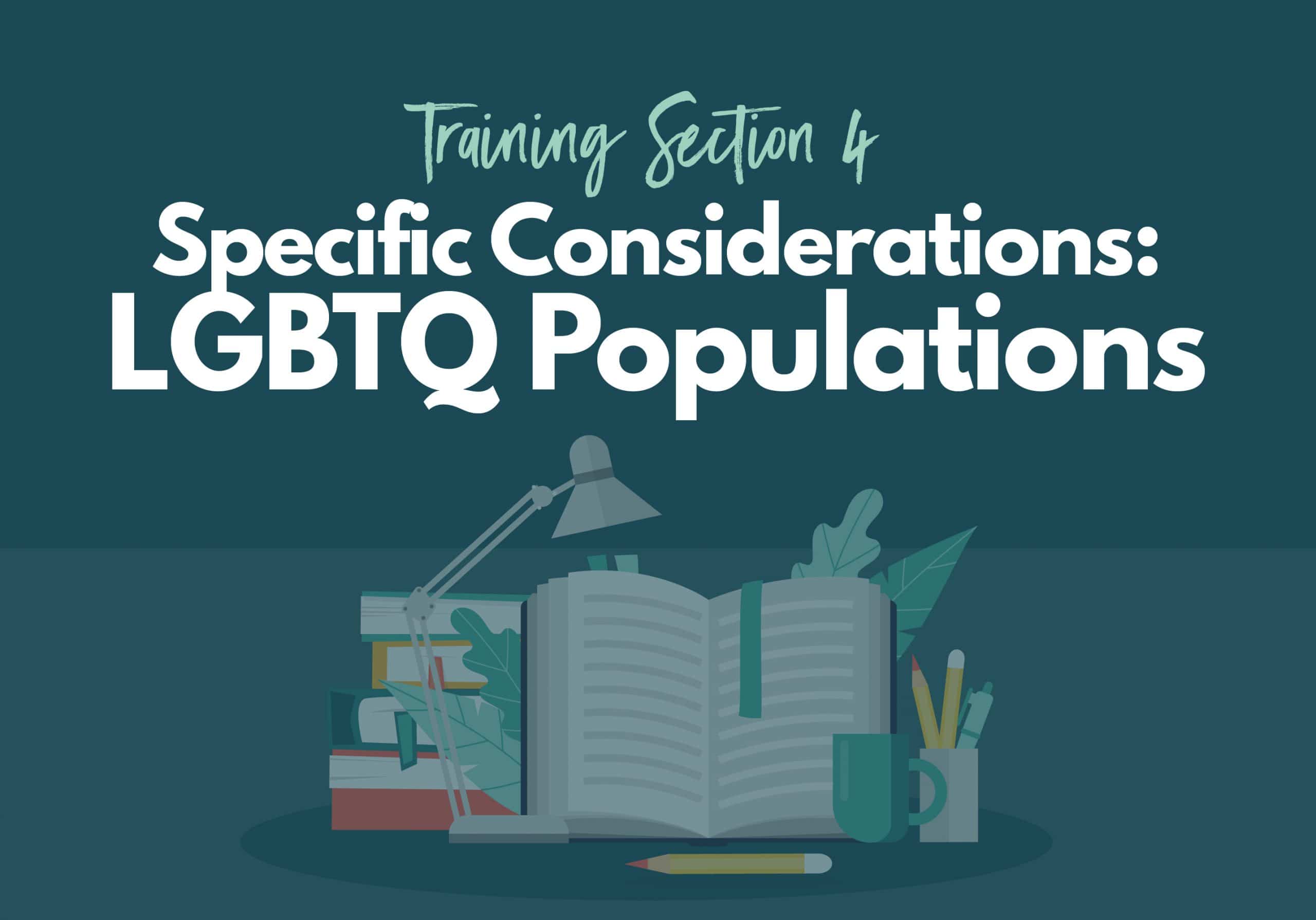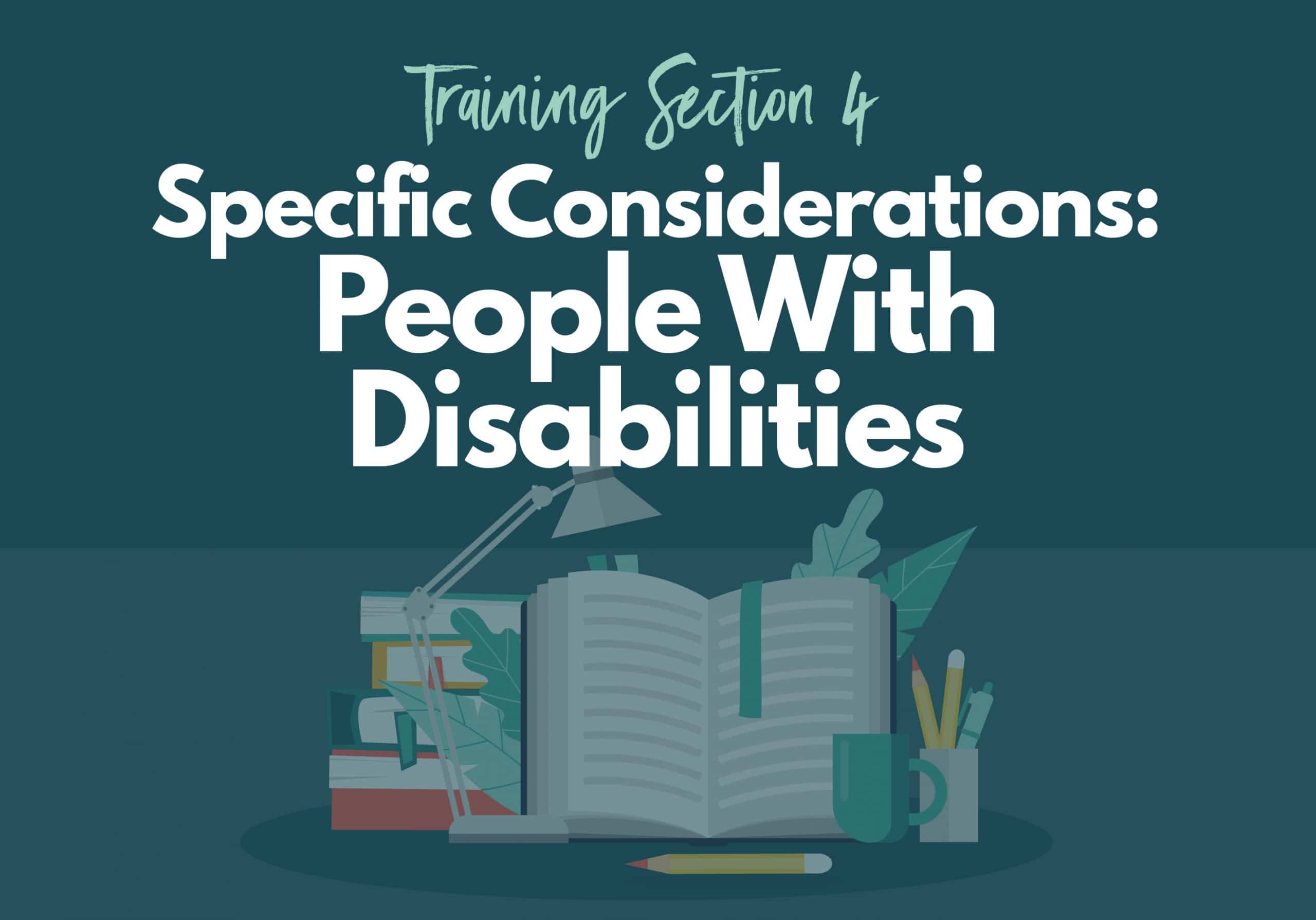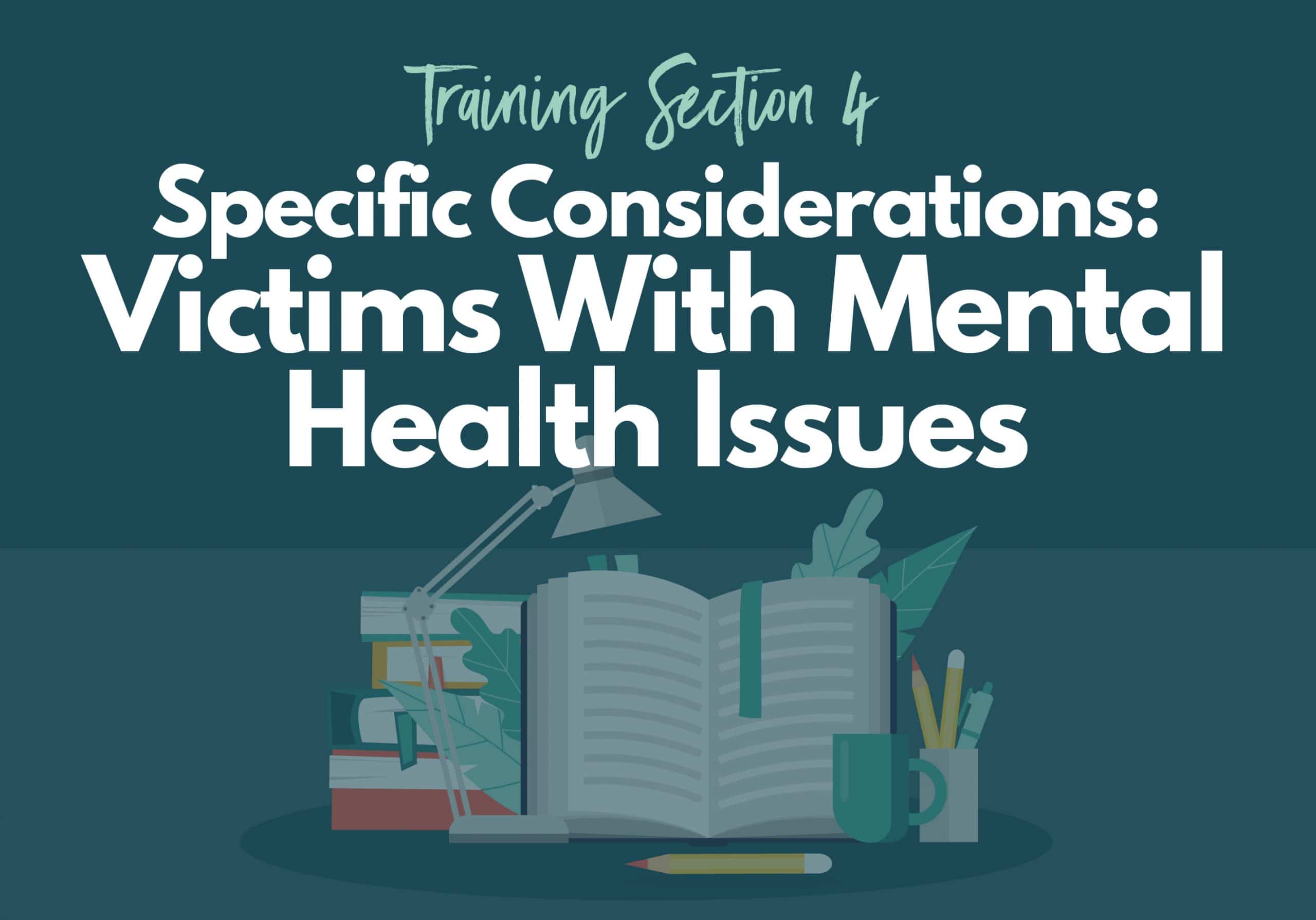Welcome to the Lotus Online Training Portal

This portal contains a series of 25 required courses that must be completed by all hospital advocacy and crisis response volunteers. The courses are broken up into four sections and should be completed sequentially. The entire training curriculum should be completed within 90-100 days.
Getting Started
Lotus requires the series of trainings below prior to starting any Crisis Response/Hospital Accompaniment & Advocacy volunteer service. The SVRC Advocate will coordinate shadowing opportunities throughout the training and onboarding process outlined below.
If you have questions throughout your training, email Renae Mundis-Mitchum, SVRC Program Director, at [email protected].

Training Section 1
Complete within 21 days of initial onboarding.

Training Section 2
Complete within 30 days of completing section 1.

Training Section 3
Complete within 30 days of completing section 2.

Training Section 4
Complete within 30 days of completing section 4.
Training Section 1
To complete section 1, read through your 40-Hour Binder, initial and sign the Lotus Policies and Procedures, and watch the HIPAA Training video. You must complete this training section within your first 21 days of onboarding.
Training Section 2
To complete section 2, visit the Office for Victims of Crime Training and Technical Assistance Center online (OVC TTAC). You must have an OVC TTAC Account to complete these sessions. If you do not have an account, you will be prompted to create one at the time you launch your first training program.
Complete the trainings that correspond with section 2 in the portal. For each completed training, a certificate will be generated. Save these certificates and upload them on our Training Certificate Page following the completion of each section.
The SVRC Advocate will schedule a check-in with you to review your binder review HIPAA, and arrange for advocacy shadowing opportunities. During the check-in, the SVRC Advocate will go over all Lotus procedures, protocols, and intake forms.
Training Section 3
To complete section 3, visit the Office for Victims of Crime Training and Technical Assistance Center online (OVC TTAC). You must have an OVC TTAC Account to complete these sessions. If you do not have an account, you will be prompted to create one at the time you launch your first training program.
Complete the trainings that correspond with section 3 in the portal. For each completed training, a certificate will be generated. Save these certificates and upload them on our Training Certificate Page following the completion of each section.
Training Section 4
To complete section 4, visit the Office for Victims of Crime Training and Technical Assistance Center online (OVC TTAC). You must have an OVC TTAC Account to complete these sessions. If you do not have an account, you will be prompted to create one at the time you launch your first training program.
Complete the trainings that correspond with section 4 in the portal. For each completed training, a certificate will be generated. Save these certificates and upload them on our Training Certificate Page following the completion of each section.
Section 4 must be completed within 30 days of completing section 3.

